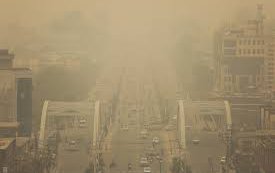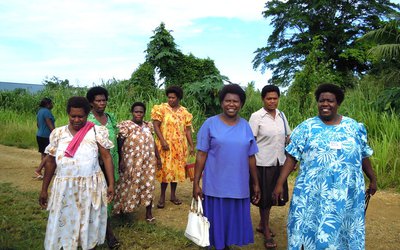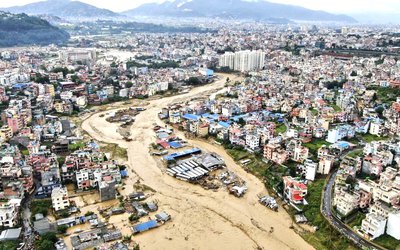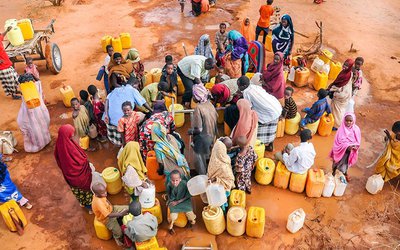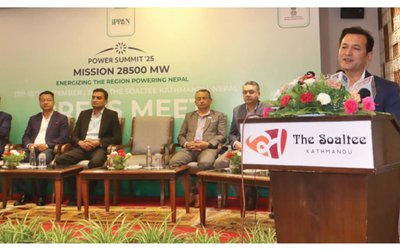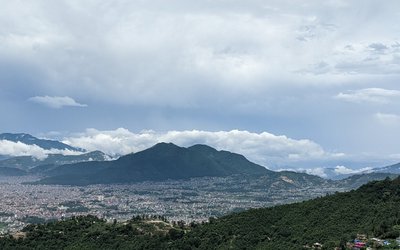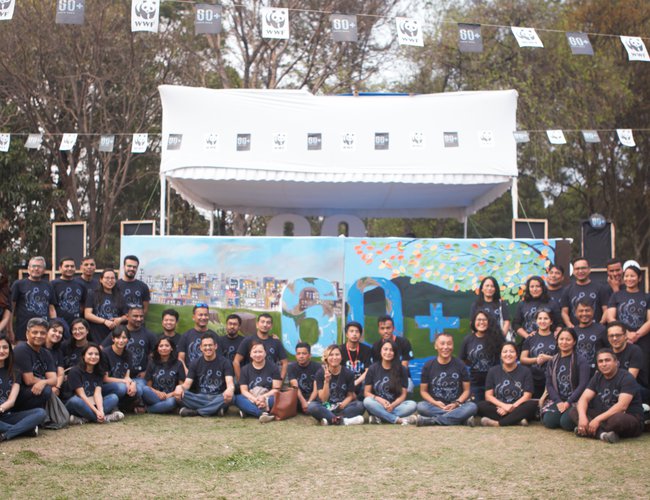
The Earth Hour celebration in Nepal this year saw a staggering participation of over four thousand individuals gathered at Bhrikuti Mandap at Nepal’s biggest sustainable lifestyles fair, the Eco Social Jam. The event showcased some of Nepal’s leading environmentally responsible businesses providing alternative lifestyle options for the benefit of ourselves and future generations, while also featuring performances by local artists.
Visitors at the event had the opportunity to engage first hand with local social enterprises and discover the world of alternative lifestyle choices such as Blue Waste to Value, Dhasoo, Doko Recyclers, Hamri Bahini, I’m the Gardener, Kabaadi at Your Doorstep, Khalisisi, Pasah Café, Smart Paani, Social Tours, Tyre Treasures, Anthropose, Raithanne, and Falfull among others.
Insignificant as it may seem, even simple acts like replacing plastic bags with cloth bags, avoiding single use plastic, or even printing on both sides of a paper can contribute significantly towards a sustainable planet. Imagine the impact that all our actions together can create.
“Our environment is changing and degrading at a rapid pace,” said Dr. Ghana S. Gurung, Country Representative of WWF Nepal. “The only way we can start reversing the impact on nature is by becoming more sensitive about our actions. Small, sustainable lifestyle choices could be the start to minimizing environmental impact, one person at a time.”
Too few people currently understand the vital importance of nature – and the huge threats it faces. For some people, nature feels distant and unimportant. Millions of people who live in cities may only experience nature on a screen and remain disconnected and unaware how nature is impacting and underpinning their lives.
Earth Hour is a global movement initiated by WWF that brings together millions across the world to take positive actions for the environment and appreciate and protect the value of biodiversity. The movement began in Sydney in 2007 with the symbolic act of lights out around the world. Over the past decade, Earth Hour has grown from a symbolic moment to the world's largest grassroots movement for the environment and the WWF network's biggest mass engagement platform. Since 2007, the movement has helped mobilize people in over 180 countries and territories to take action on change climate change.
According to a press release issued by WWF-Nepal, over the last 10 years, Earth Hour has been a pivotal part of communicating WWF’s climate agenda and has united the entire network by achieving conservation wins. 2018 kick-started a 3-year #Connect2Earth campaign that was celebrated in record-breaking 188 countries and territories with #EarthHour and #Connect2Earth trending in over 33 countries, globally.
- Nepal Is Expected To See 60,000 People Infected with Dengue This Year
- Jul 04, 2025
- Journalist Pathak ordered to be released on bail of Rs 25,000
- Jul 04, 2025
- IPPAN To Hold Ninth Power Summit in September: IPPAN President Karki
- Jul 04, 2025
- Weather Forecast: Generally Cloudy Across The Country With Heavy Rain At One Or Two Places In Koshi, Bagmati And Lumbini Provinces
- Jul 04, 2025
- Global IME Capital’s “Samunnat Yojana 2” Mutual Fund Opens for Public Offering from July 6
- Jul 03, 2025
